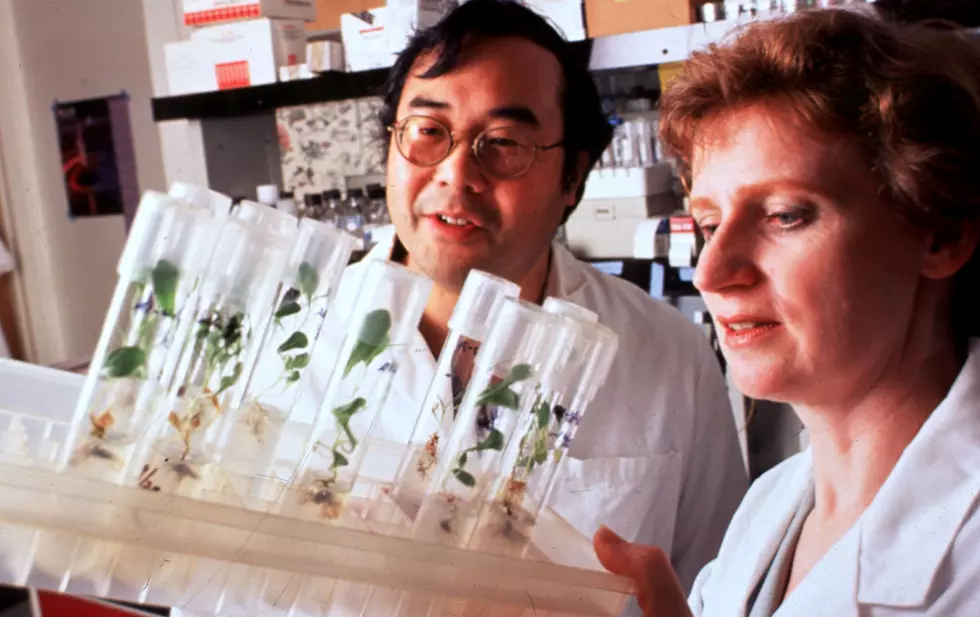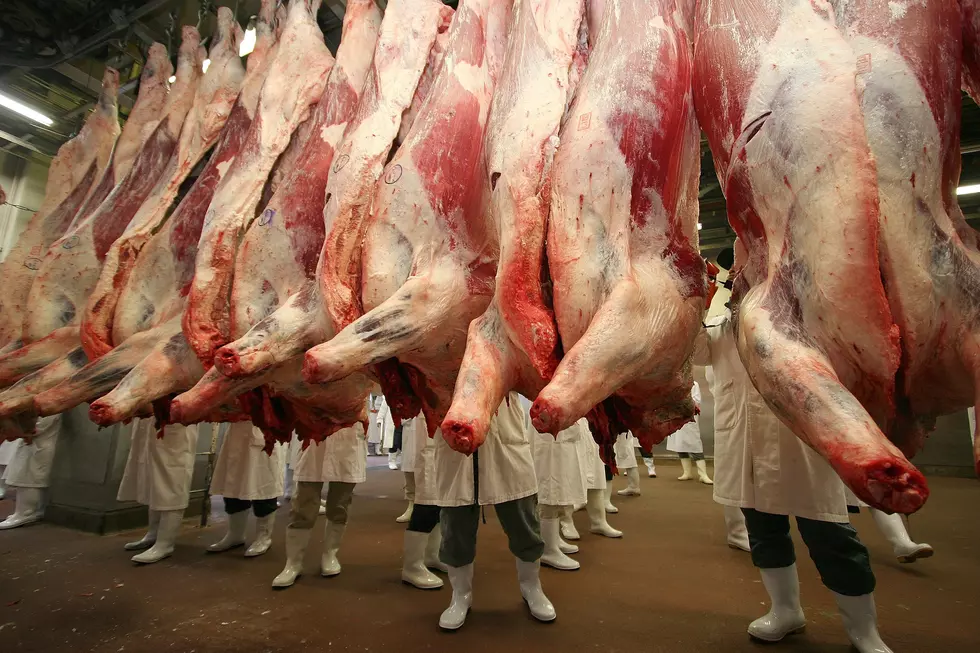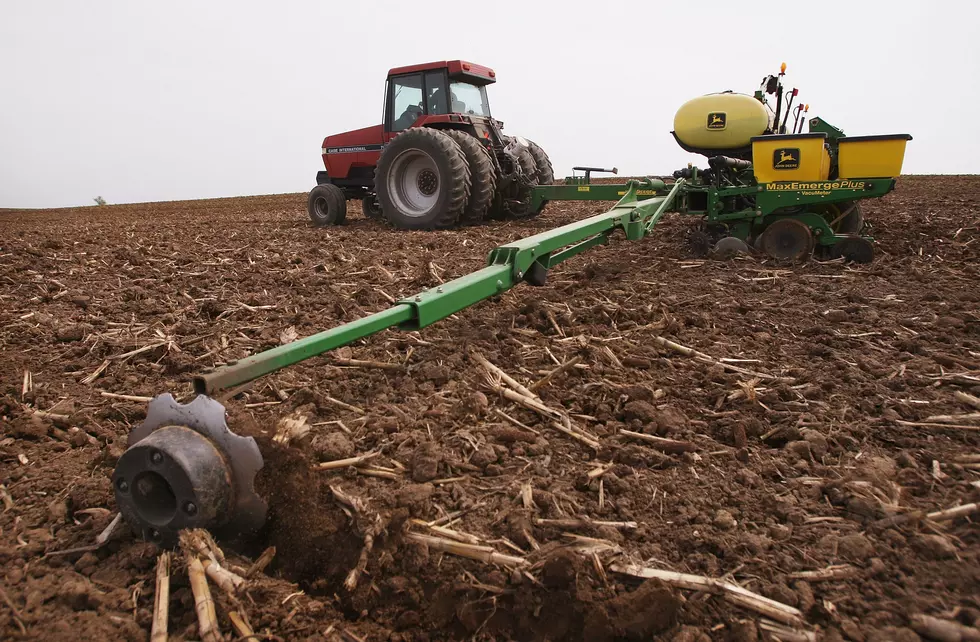
Debate Grows on Glyphosate; Ag Criticizes Obama’s Biotech Regulations
**The already controversial decision by the International Agency for Research on Cancer, determining the widely used herbicide glyphosate probably causes cancer in humans, is now subject to more debate.
Armed with recent evidence, critics of the report charge that IARC should have considered unpublished data that may have altered the report’s 2015 conclusion.
Data from the Agricultural Health Study showed no association between glyphosate exposure and non-Hodgkin lymphoma and would have lowered the risk estimate for that type of cancer.
**A plan the Obama administration developed to reform USDA’s biotech regulatory process could wind up stifling innovation instead of making it easier to get low-risk products to market.
That’s according to farmers, agribusiness groups and the biotech industry in comments submitted to USDA.
The groups applaud the plan for sending “clear, positive signals” about a need to promote innovation in biotechnology and proposing to ease regulation of gene-edited products.
But they say the plan, released shortly before President Trump took office, would improperly expand USDA’s review process in some respects and hamstring developers before they can begin testing products.
**In mid-June on the Northern Plains, spring crops like hay are usually being baled, and cattle are in knee-deep forage.
But not this year in the western and central Dakotas and eastern Montana, where an emerging drought tightens its grip.
The U.S. Drought Monitor maps most of those areas as abnormally dry to severe drought, and the National Weather Service forecasts less than normal rainfall for at least another week.
More From News Talk KIT









